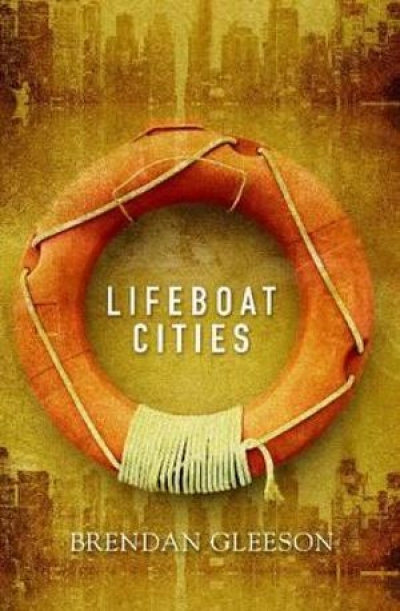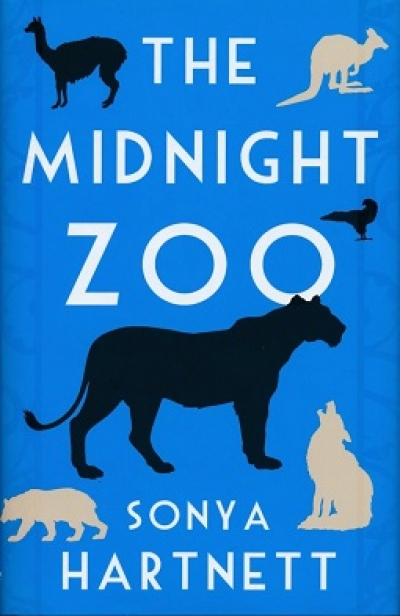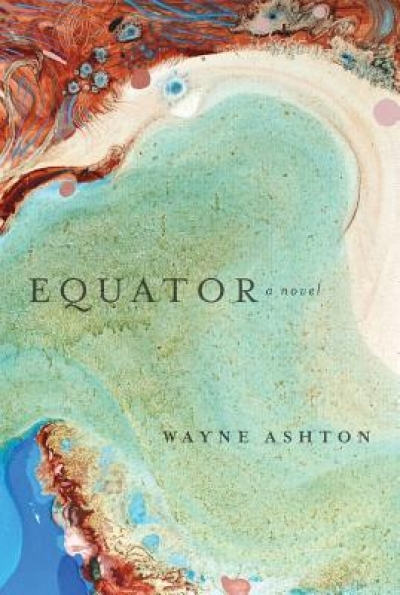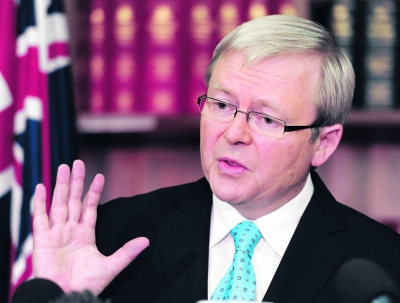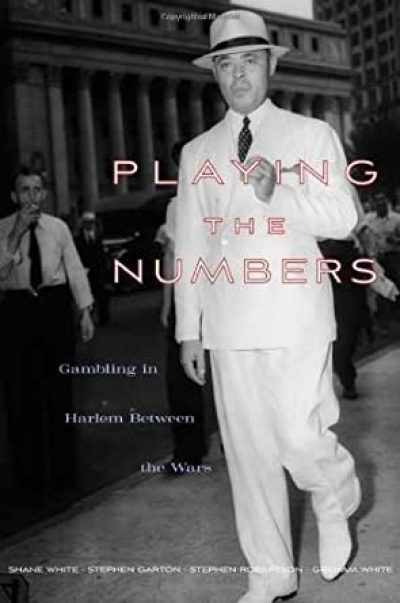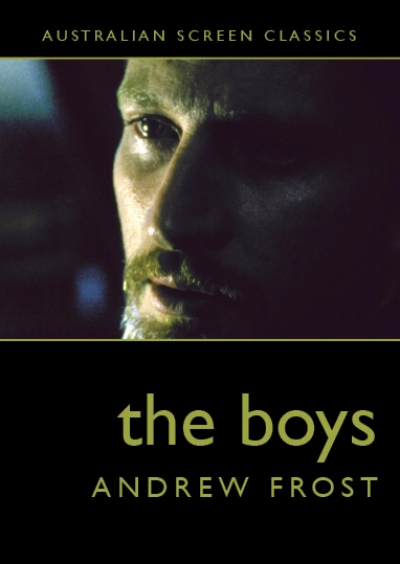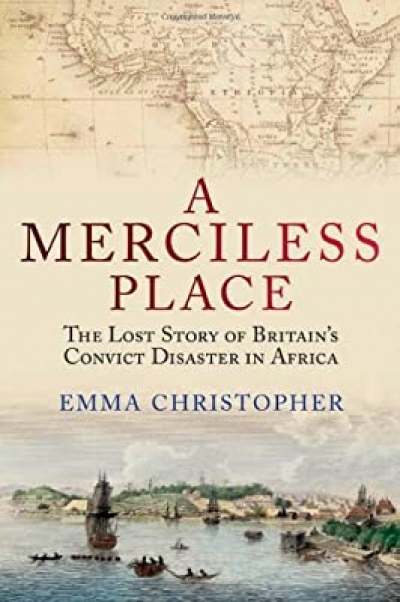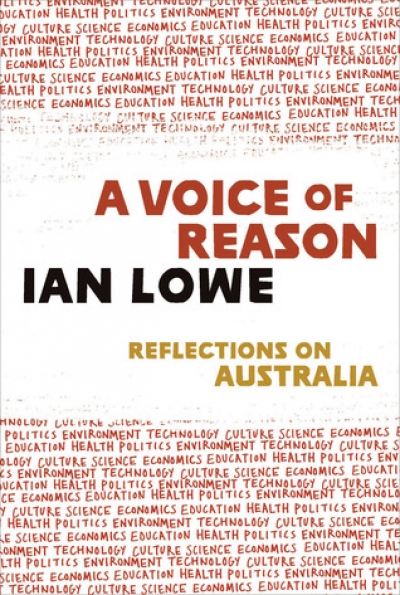Archive
Lifeboat Cities by Brendan Gleeson & Transport for Suburbia: by Paul Mees
The Midnight Zoo by Sonya Hartnett & The Red Wind by Isobelle Carmody
I am in Louisiana with the dogs,
my lost generations of dogs.
How I got there, what budget tour I’m on,
whether my papers are in order,
my visa credible, is a total mystery.
The political assassination of Kevin Rudd will fascinate for a long time to come. As with Duncan’s murder in Shakespeare’s play it was done, as Lady Macbeth cautioned, under ‘the blanket of the dark’, literally the night of 23–24 June 2010. The assassins heeded Macbeth’s advice: ‘if it were done when ’tis done, then ’twere well it were done quickly.’ And as in Macbeth, the assassins were in the shadow of the throne. Even the old king approved: Bob Hawke, himself deposed in 1991, recognised at last that the removal of a Labor prime minister is sometimes necessary.
... (read more)
